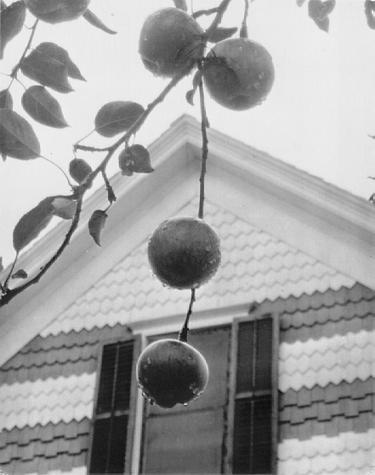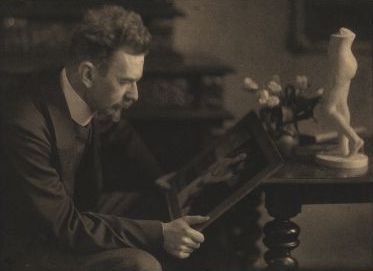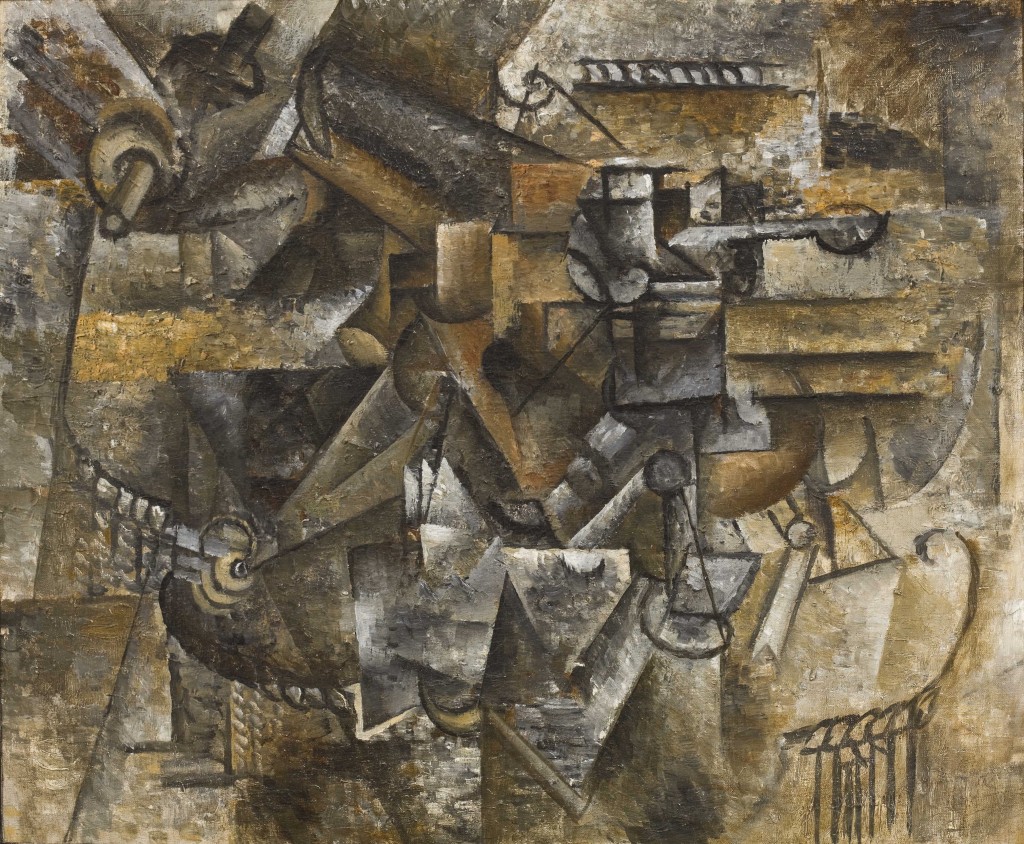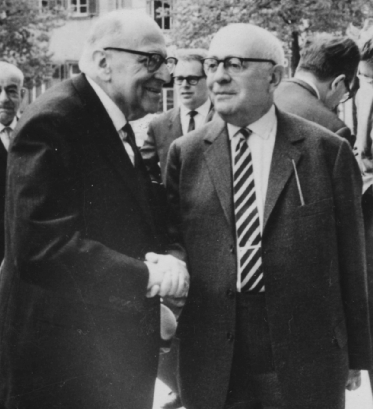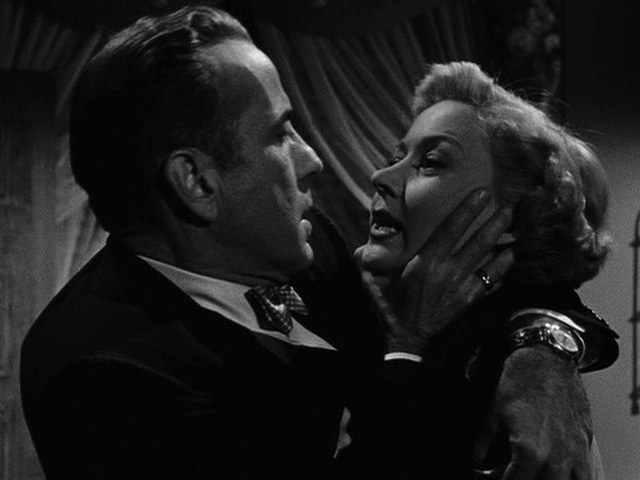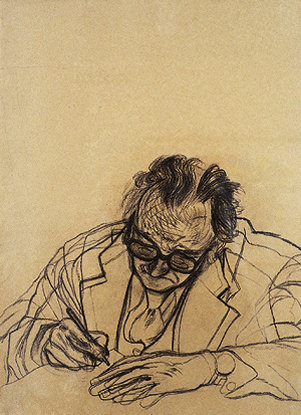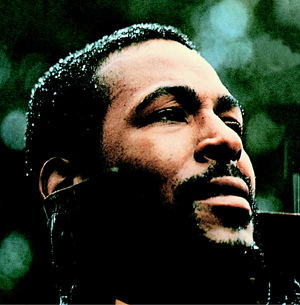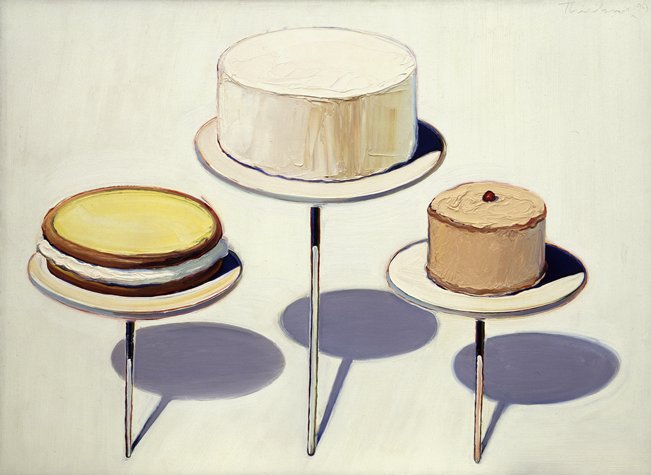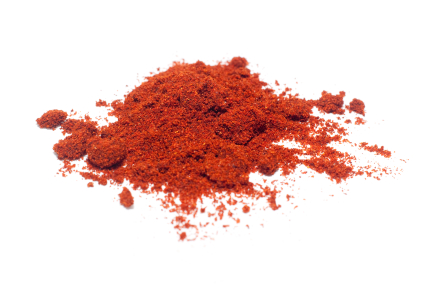
Photography, Automatism, Mechanicity
It has been a defining and enduring feature of photographic discourse up to now that automaticity and automatism have been available to us through photography. An important task for the history of photography will be not just to invoke photography’s automaticity, but to describe—for any photographic work or enterprise it takes up—the nature and importance of its automaticity in that instance or set of instances.

